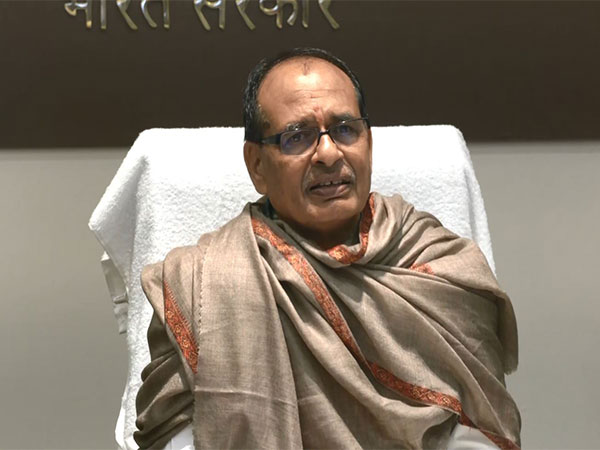'When I said 75 pc dispute sorted out, it's only of disengagement': EAM Jaishankar on India-China border standoff
Sep 25, 2024

New York [US], September 25 : Acknowledging India's "difficult history" with China, External Affairs Minister S Jaishankar, said that when he said that 75 per cent of the border dispute between the two countries have been sorted, he is only talking about the 'disengagement' part, while adding that challenge persists in other aspects.
While addressing the Asia Society at the Asia Society Policy Institute on Tuesday (local time), the Foreign Minister highlighted how China violated the previous agreements during Covid pandemic, by increasing the troop deployment at the border, eventually resulting in clashes resulting in casualties on both sides.
This incident, according to Jaishankar, has overshadowed the bilateral relationship.
"We have a difficult history with China...Despite the explicit agreements we had with China, we saw in the middle of COVID that the Chinese moved a large number of forces in violation of these agreements to the line of actual control (LAC). It was likely a mishap would happen, and it did. So, there was a clash, and a number of troops died on either side. That, in a sense, overshadowed the relationship," Jaishankar said.
"When I said 75 per cent of it has been sorted out, it's only of the disengagement. So, that's one part of the problem, he added.
While he acknowledged that much of the disengagement at friction points has been managed, he emphasised that challenges persist, particularly concerning patrolling rights along the border. Jaishankar stressed the importance of 'de-escalation' as the next step in improving relations with China.
"So we've been able to sort out much of the disengagement in the friction points, but some of the patrolling issues need to be resolved...The next step will be de-escalation," he added.
The Foreign Minister, during his opening remarks at the event, stated that India's relationship with the Gulf nations has transformed significantly over the past decade.
He added that the evolving partnership has been exemplified by the India-Middle East-Europe Economic Corridor (IMEC), which aims to connect the Atlantic to India, enhancing trade and connectivity across regions.
Jaishankar emphasised the strategic importance of the IMEC, noting that it not only strengthens India's economic ties with the Gulf but also facilitates broader global trade routes.
He also mentioned ongoing efforts to build connectivity to the Pacific through Myanmar, referred to as the Trilateral Highway.
"India's ties with the Gulf have dramatically changed in the last decade... Most notably the IMEC, the India - Middle East - Europe economic corridor. It connects the Atlantic to India, and we are in turn trying to also build connectivity to the Pacific through Myanmar, which is called the Trilateral Highway," the Foreign Minister said.
"It is conceivable by the end of the decade. We could primarily have land-based connectivity all the way from the Atlantic to the Pacific, which runs through Asia," he added.



















